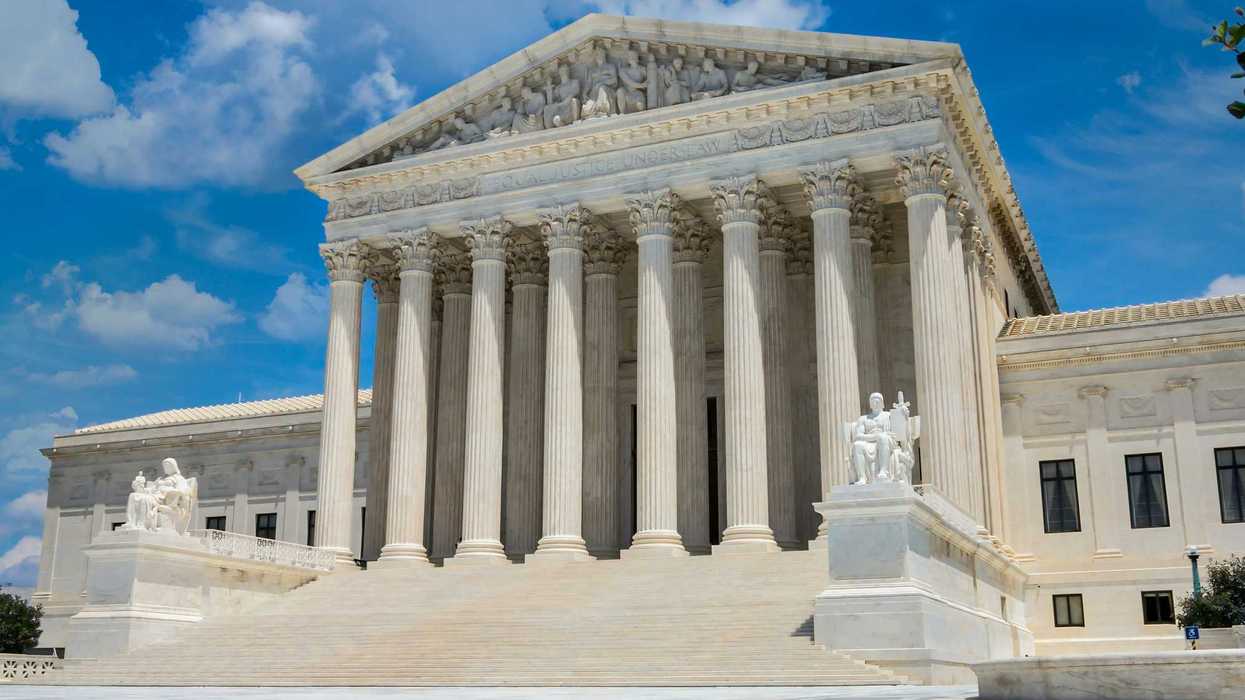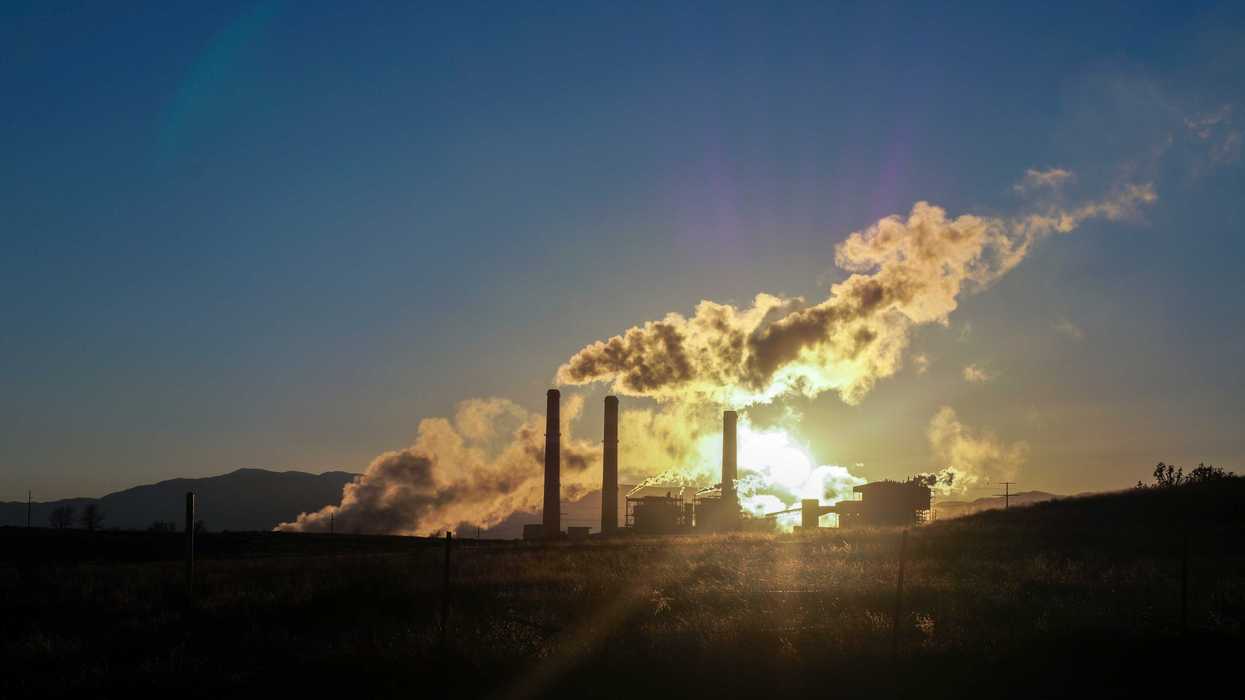Communities of color bear the brunt of U.S. pollution, write Yvette Cabrera, Jamie Smith Hopkins and Grey Moran for The Center for Public Integrity. Conservatives are targeting the civil-rights law that could change this.
In a nutshell:
For years, the U.S. Environmental Protection Agency has faced criticism for its lackluster enforcement of Title VI of the Civil Rights Act of 1964, which aims to protect minority communities from discrimination by federally funded programs. Despite President Joe Biden's promises to prioritize environmental justice, a recent investigation by the Center for Public Integrity suggests the administration is not fully leveraging its regulatory powers to challenge states perpetuating environmental disparities. The study reveals that while the Biden-led EPA has accepted more Title VI complaints for investigation than previous administrations, the agency's resolution agreements often lack substantive changes to address the core issues faced by communities heavily impacted by pollution.
Key quote:
“This is the moment to do it because everything’s at stake. There are … communities who have been fighting for decades for EPA to take Title VI seriously. And we saw some promising action and we want EPA to stick to it.”
-- Debbie Chizewer, managing attorney at Earthjustice
The big picture:
Environmental racism, where marginalized communities disproportionately bear the brunt of pollution and environmental hazards, directly impacts health. Residents in these areas often face higher rates of respiratory illnesses, cancers and other health complications due to constant exposure to pollutants. Addressing such disparities is not only an environmental issue but also a pressing public health concern.
Read the story at The Center for Public Integrity.
From discrimination and a lack of staff diversity to witnessing their communities harmed, environmental justice work is an emotional and physical struggle, writes Lariah Edwards in this EHN commentary.














